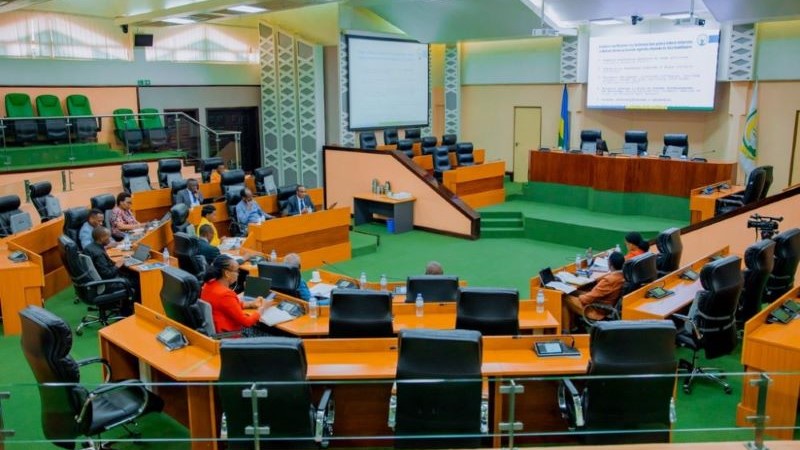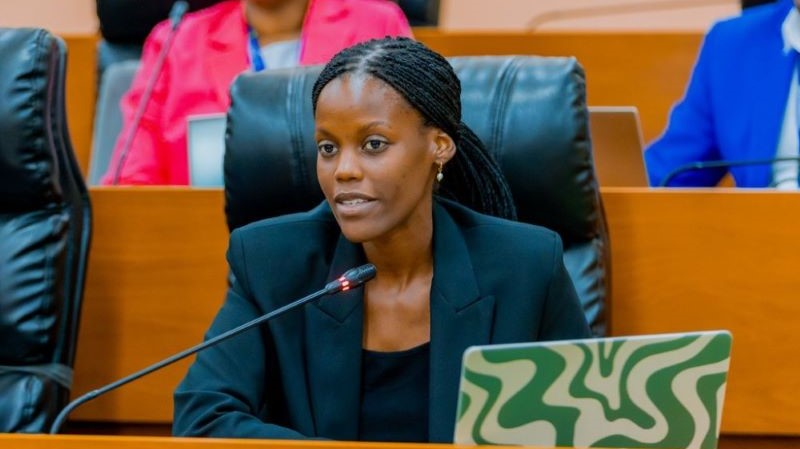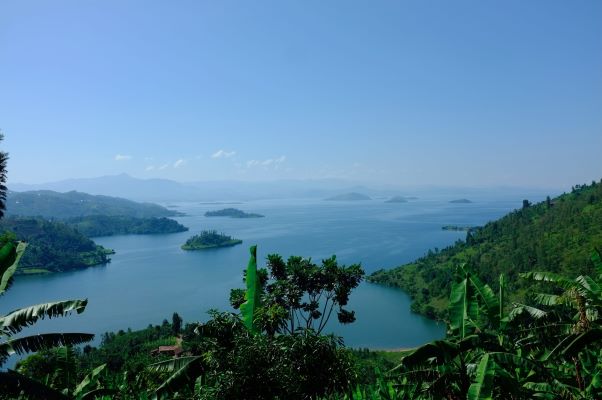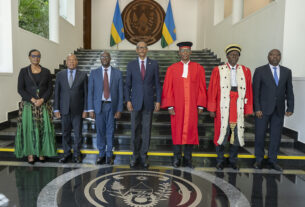Rwanda is embarking on a unique and historic journey that will see the relocation of over 8,100 residents from vulnerable island communities, as part of a broader national strategy to balance human development with environmental conservation.
In parallel, the country is laying the groundwork to establish a National Islands Park by the year 2028, turning several biologically rich islands into a sanctuary for eco-tourism and biodiversity protection.
This vision was presented to the Senate Committee on Social Affairs and Human Rights during two key sessions held on June 16 and 17, 2025.
Government officials from the Ministry of Local Government (MINALOC) and the Ministry of Environment explained that 11 inhabited islands across six districts are no longer sustainable for human settlement.
These islands, many of which lack access to clean water, schools, health centers, and basic transport, present significant risks to residents’ well-being and offer limited prospects for development.
“There are areas where settlement is simply not feasible. In such cases, relocation becomes the only option for ensuring citizens have access to services and development opportunities,” stated Kayisire Marie Solange, State Minister for Social Affairs.
A total of 8,105 individuals from more than 900 households are set to be relocated into planned villages known as imidugudu, where they will benefit from infrastructure programs aligned with Rwanda’s broader national development goals.
In some cases, such as Sharita and Mazane Islands in Bugesera District and Gihaya Island in Rusizi, the relocation process has already started. Gihaya, in particular, will now be reserved for tourism purposes following the resettlement of over 1,500 residents.

The government’s plan also takes into account ecological, legal, and social considerations. Rwanda’s islands are classified as state property under the national Land Law, and their use must comply with the country’s spatial planning framework.
Minister of Environment Dr. Valentine Uwamariya emphasized that new relocations will be handled with transparency and respect. Past grievances, like those reported at Iwawa Island, serve as reminders that future efforts must center dignity and fairness.
“This is not just about moving people. It’s about bringing them closer to opportunity,” Kayisire said.
While relocation is underway, Rwanda’s environmental and tourism authorities are simultaneously preparing to elevate the country’s conservation legacy by creating a National Islands Park.
The initiative will cluster several ecologically important islands into a single protected area, with the goal of safeguarding biodiversity while promoting eco-tourism as a pillar of economic growth.
Juliana Kangeli Muganza, Deputy CEO of the Rwanda Development Board (RDB), told senators that extensive studies have confirmed the islands’ ecological richness.
Findings from a 2024 survey revealed more than 80 bird species, 142 types of plants, and rare or endangered species such as the marsh mongoose and the Euphorbia dawei tree.
Other notable wildlife includes the Egyptian goose, scarlet-chested sunbird, and forest cobra, while the plant life features native flora like Phoenix reclinata and Capparis tomentosa, which have medicinal value.
“There is evidence that these islands have unique biodiversity. A project is being developed to bring them together into a protected area or a National Islands Park within the next few years, possibly by 2028,” Muganza noted.
With proper planning, lawmakers and conservationists believe the islands can offer far more than sanctuary to wildlife.

Senators proposed various sustainable uses for the islands, including specialized tourism, traditional medicine research, water sports, and green enterprise ventures like honey production.
Senator Jean Pierre Dusingizemungu highlighted the economic value of transforming the islands, remarking, “Those in RDB should understand that the islands can generate even more revenue than gorillas, in my opinion.”
Other senators emphasized cultural and academic dimensions. They urged inclusive planning that benefits local communities, while also encouraging investment in cultural tourism and ecological education.
“Many Rwandan students can name international landmarks but remain unaware of the ecological treasures in our own backyard,” said Senator André Twahirwa.
The transformation of Rwanda’s islands is already aligning with broader tourism trends. The forthcoming National Islands Park is expected to diversify the sector further and bring new life to Rwanda’s green economy.
In 2024, Rwanda’s tourism sector generated $647 million, a 4.3 percent increase from the previous year, largely driven by a 27 percent surge in gorilla tourism and an 11 percent rise in air travel.
While some islands such as Nkombo, Bugarura, and Birwa are set to remain inhabited due to their existing infrastructure and long-term development potential, the government’s overall approach will be to safeguard the environment while enhancing the lives of its people.
In the words of Senator Umuhire Adrie, “This process must be participatory, transparent, and humane. Citizens must be fully informed and adequately supported, both during and after relocation.”
With a vision anchored in sustainability and human dignity, Rwanda is turning its isolated islands into a national model for resilience, where conservation meets community, and isolation gives way to opportunity.







